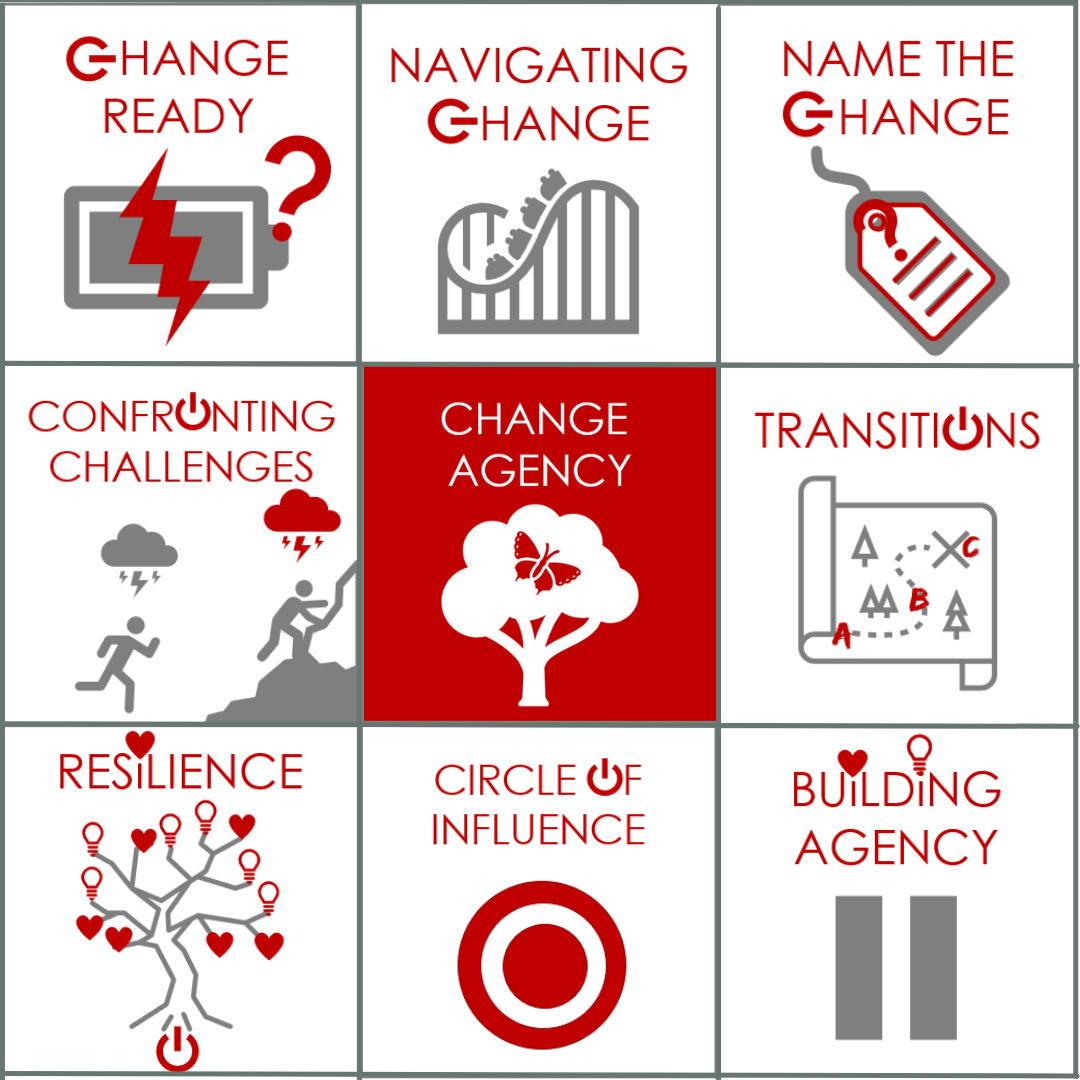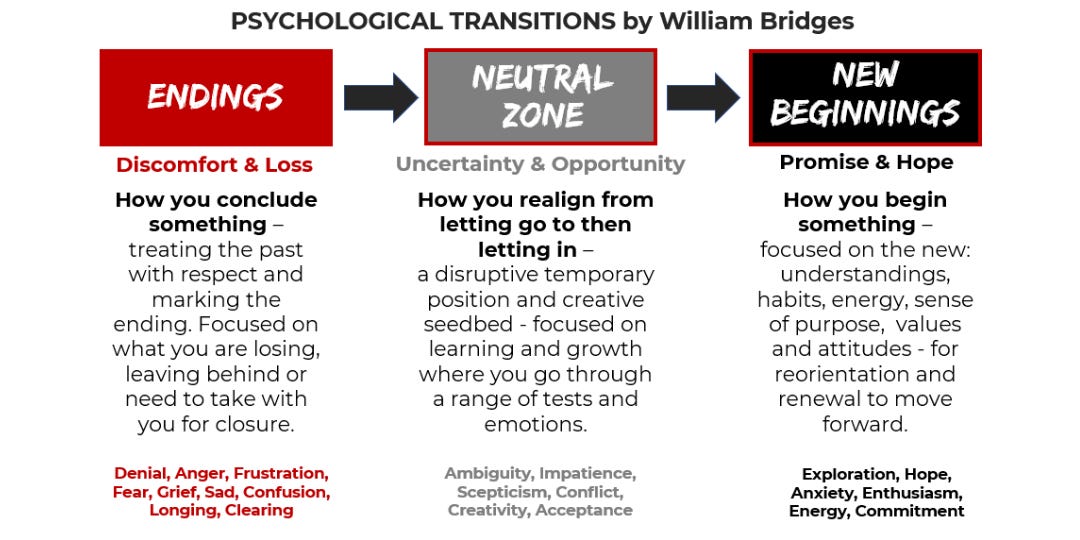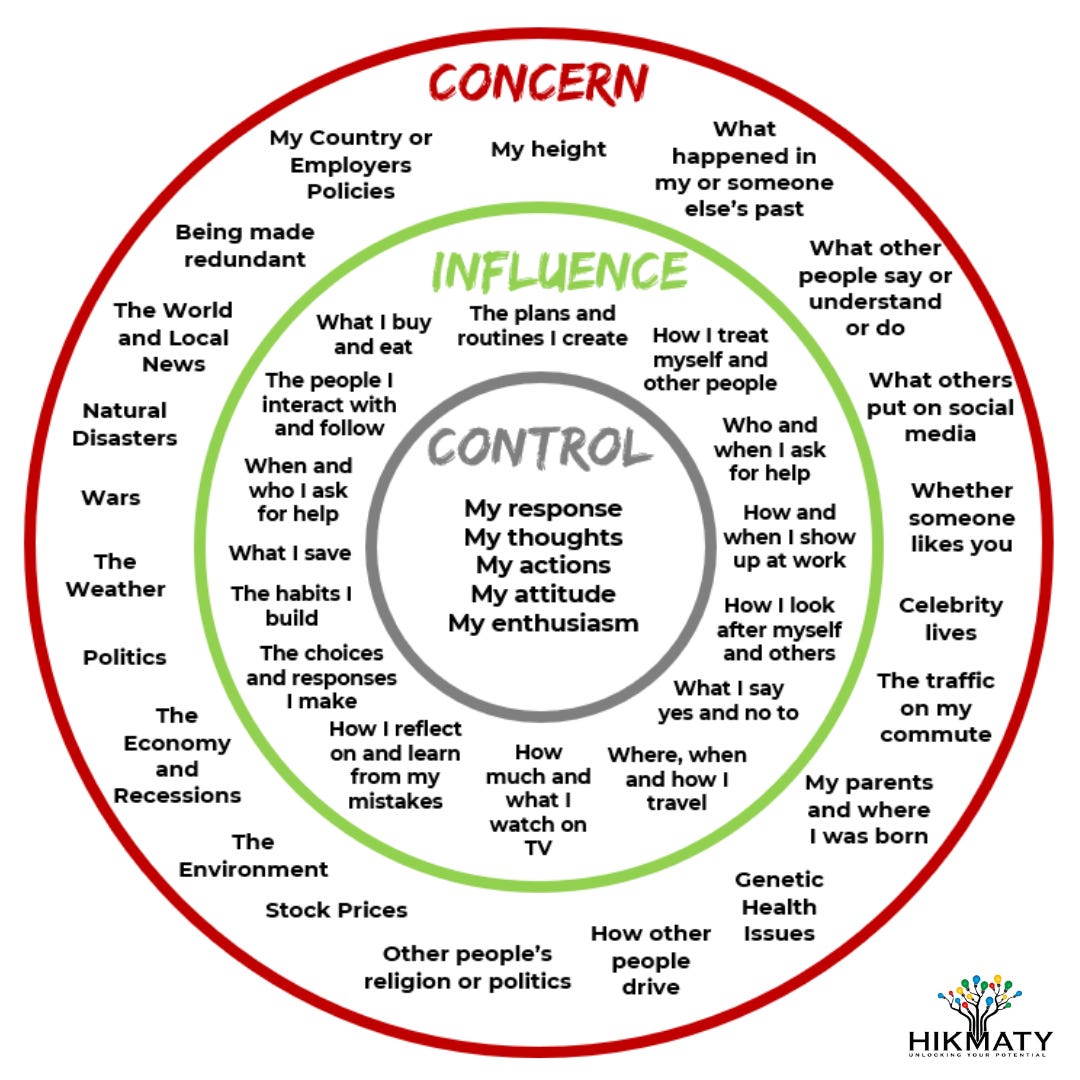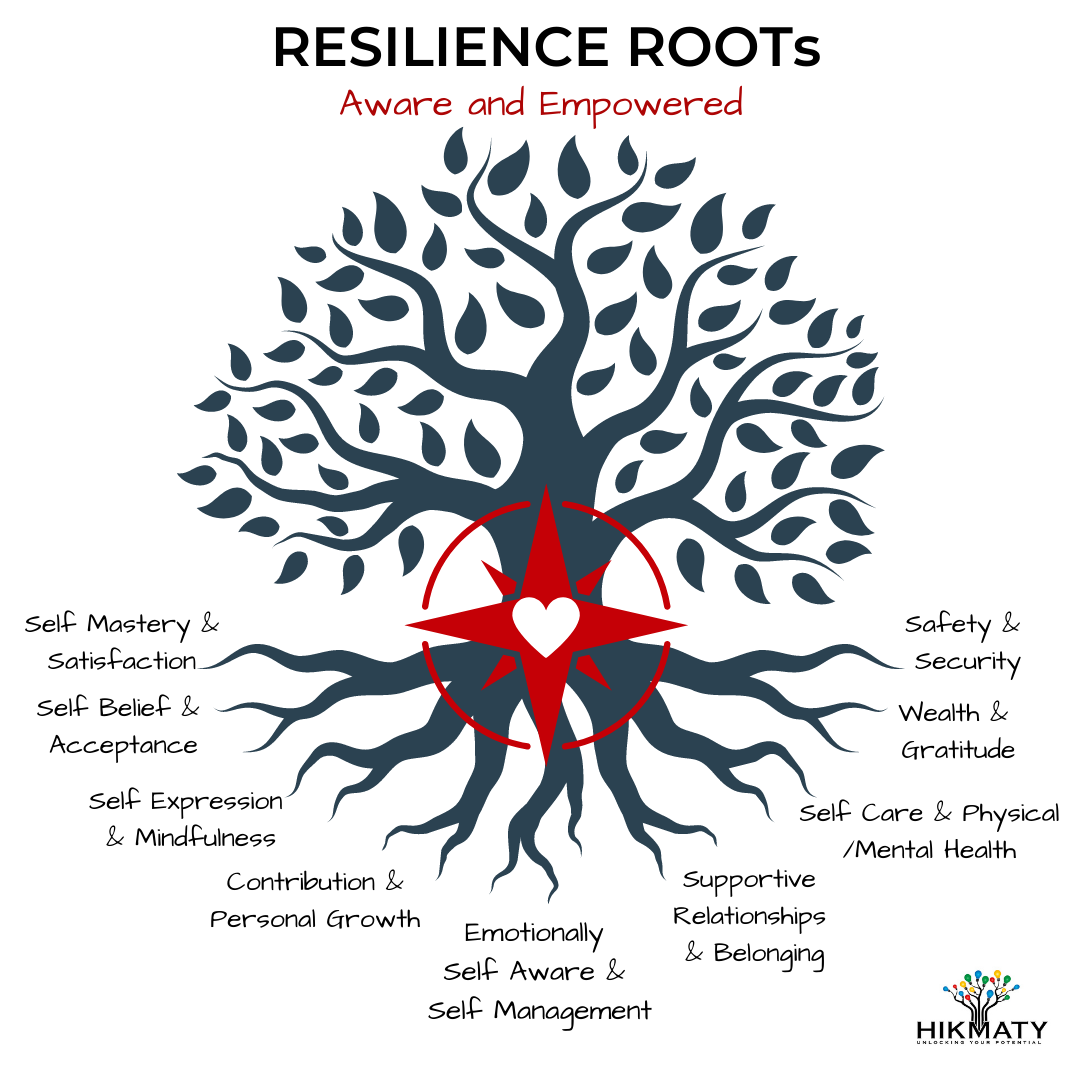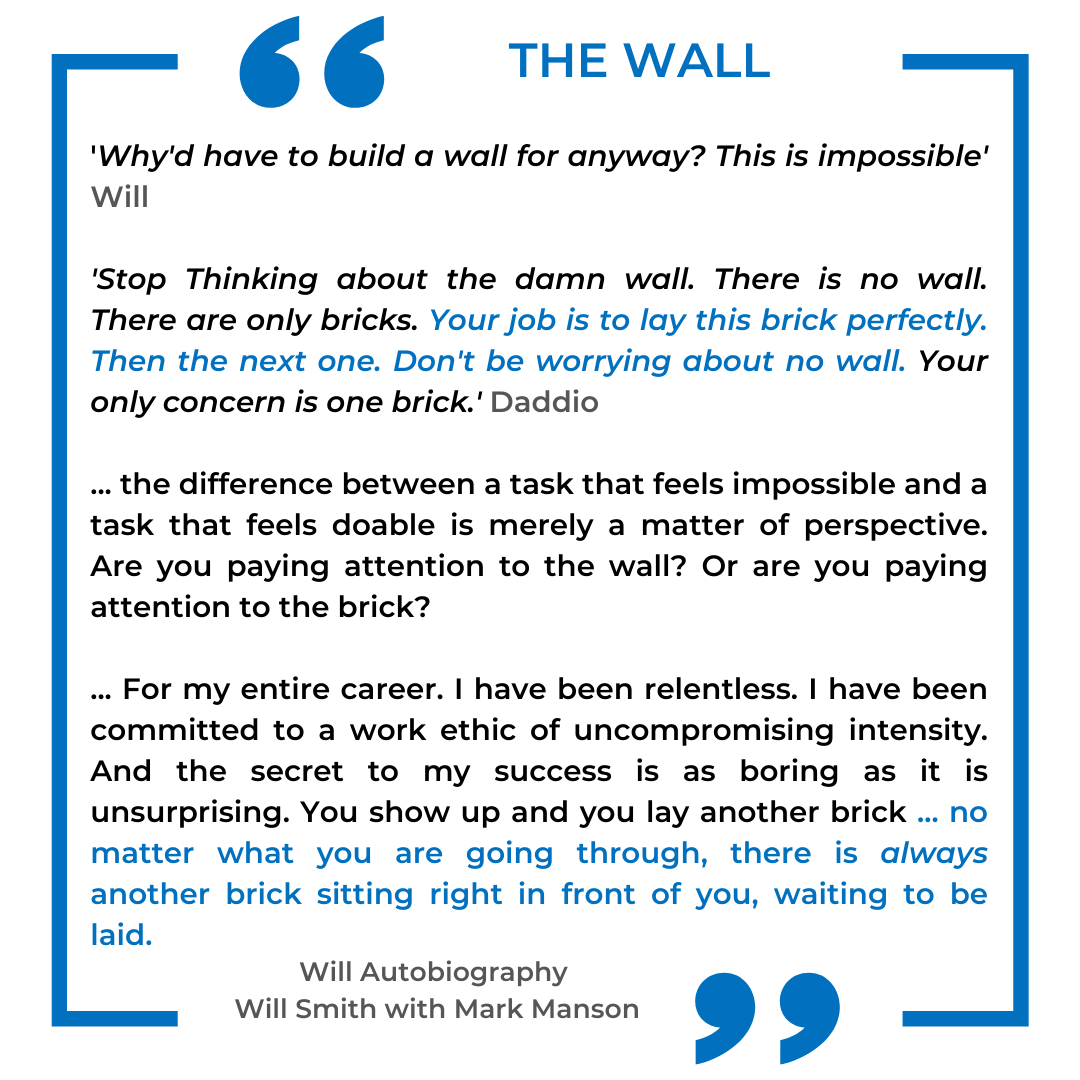WELCOME TO THIS WEEKS EXPLORER
In this weeks edition we are focusing on navigating change to conclude our focus on your OWNER role.
Agency is about the ability to act as an agent for yourself. That is the foundation for building your 21st century skill stack. We will explore change journeys and how you can prepare yourself for this inevitable and mostly positive part of life by considering:
ONE - Your Change Agency Backpack
TWO - 7 ideas to keep you change ready
THREE - A few of my weekly finds - a smorgasbord of resources
ONE - YOUR CHANGE AGENCY BACKPACK
The pandemic taught many that they are more adept at handling change than they thought they could be. As we emerge from this challenging moment the change has not gone away - it has speeded up. Some people thrive naturally in this environment whereas others struggle. How do you set yourself up to win?
Taking responsibility for how you deal with change is an important role in being an Owner of your life. Nobody is coming to save you so it is best to have the skills and resources to save yourself. Without them you have a life focused on survival not thriving. So make it a priority to get good at navigating change.
Our Change Agency Grid focuses on 8 topics you need to master and put in your backpack - to deal with lifes up and downs. It is about making the right decisions, having the right mindset and an adaptive skillset during times of change.
Change Agency is having hope for your future, a belief in yourself in that you can embrace or accept whatever changes you face and the capacity to keep developing different paths to take you forward.
Sometimes it can be really hard to stay on track. Think about the times when you have resisted change or sought comfort to avoid what is happening in your life. What is your kryptonite you use to cope - overeating, drugs, binge TV watching, alcohol, gambling, shopping or …?
Most people have something that keeps them comfortable and feeling safe. Whilst this has it’s benefits it actually keeps you stuck and stops you growing. You need strategies and tools to navigate these changes. To get you outside your comfort zones of ‘existence’ rather than full on living!
The butterfly in the graphic represents the famous quote
‘Just when the caterpillar thought the world was over, it became a butterfly’
Our capacity to change and adapt is at the heart of how we survive and more importantly how we thrive. Finding the capacity to keep going whatever it takes - brings out the butterfly in us all!
Building up a Change Toolkit of useful resources can help you on your journey.
Here are a few of our ideas.
NAVIGATING CHANGE
We do not talk about managing change because that is a bit like trying to herd cats! Change events can be volatile, uncertain, complex and ambiguous. Often the actual events are outside your control but how you handle them is not. That is where you need to focus.
You do not really know what is going to happen next, you can plan as best you can but you need to learn to believe in yourself and pivot your thinking dependent on what life throws at you.
Navigating change focuses more on your journey - making the best of wherever you are and whatever happens. It is also good idea to:
frame change in relation to a beginning, middle and end game.
have the destination front of mind to help create context for the change and how you navigate it.
focus in on the ‘why’ of the change whether you agree with it or not - more context.
You are dealing with your own headspace more than the actual change - so different perspectives will provide new insights.
NAME THE CHANGE
Change is often portrayed as a negative and yet with the exception of personal lifequakes like bereavement and cancer - most change is not bad in itself! Far from it - we accept many changes as positive and are constantly seeking out and adapting to the new. Change is inevitable and sometimes it can be very challenging but it can also fun, exciting and rewarding. It will take you out of your comfort zone but that is about growth - which fuels your future success. Learn to embrace it or dance with it rather than fight it.
And yet much of the media narrative focuses on what is out of our control and perceived as negative changes. To get sucked into this story is a dangerous game that can easily lead to overwhelm and helplessness. Be careful what you consume whole without questioning it.
The best way to turn this round is to always seek to be curious, fact check and name the change yourself. Is it:
Good or Bad | Planned or Unplanned | Radical or Incremental | Big or Small | In our Control or In our Influence or Outside our Control | Desirable or Undesirable | Moving towards or Moving away from | Fast or Slow | Short term or Long Term | Pain or Gain | Professional or Lifestyle or Both | Transformational or Focused | Remedial or Developmental | Evolution or Revolution | Natural or Crisis | Reversible or Irreversible |
Before you do anything else work out the:
Type of change.
Scale of the change.
Scope of the change.
Why of the change.
Impact of the change.
WIFM - What Is In It For Me? Or what does it mean for me?
Then get curious and question your assumptions made within that name and story. Is it based upon facts or intuition or hope or experience or trust or ….? If you are seeing it as negative what part is FEAR (False Expectations Appearing Real) playing?
TRANSITIONS
Often we see change as a situation or thing happening to us or around us. However, our ability to embrace or adapt to changes is often more about what is going on inside us - the transition from the old to new in our heads - more than those external events.
When I am coaching clients using the concept of transitions where we look at the ending before the beginning - allowing space to process this change - can really help people move forward more quickly and effectively.
Over time societies have understood this concept in creating rites of passage for our life journeys and life quakes - to mark or celebrate these endings, transitions and new beginnings i.e teenage proms, college graduation, starting and leaving a job, retirement events, sabbaticals, getting married, getting divorced, adding a new child to your family and losing a loved one. Taking this journey concept onboard can help you navigate change more effectively by incorporating these stages as you need to.
Our change concept for navigating transitions comes from a book written over 40 years ago, that is named as one of the Top 50 self development books of all time. It is ‘Transitions -Making Sense of Life’s Changes’ by William Bridges. It looks at the internal transition we go on to make a change and how resistance shows up. Often we are so busy focusing on the new beginning we ignore those first two steps and so it is hard to make anything stick.
It isn’t the changes that do you in, it’s the transitions. Change is not the same as transition. Change is situational. The new site. The new boss. The new team roles. The new policy. Transition is the psychological process people go through to come to terms with the new situation. Change is external. Transition is internal.
It is not these events but rather the inner reorientation or self redefinition that you have to go through in order to incorporate any of these changes into your life. Without a transition, a change is just a rearrangement of the furniture. Unless transition happens, the change won’t work because it does not take. William Bridges
It also highlights how important is is to understand your ‘Why?’ for any change as the means to propel you towards that new beginning!
So if you lose your job suddenly - you need to process the ending and loss before you can move on. The only major difference between resigning and redundancy is you are not in control and have to react. So you look for ways to take back control and navigate that ending as the best version of you. It is about your thinking not the event - that stays the same. You control the meaning you give things.
BUILDING AGENCY
So what is agency?
Personal agency is what allows you to pause, evaluate, and act when you face a challenge and how to be proactive rather than passive in your decision making. Some people have more agency than others, and this is normally due to your current mental state and how you handle stressful situations. It means getting your mind, body and emotions in balance so you can think clearly
Agency is the ability to act as an effective agent for oneself - thinking, reflecting, and making creative choices, and acting in ways that direct you toward the life you want to live. It is what humans use to feel in command of their lives. It is the antidote to being anxious, overwhelmed and out of control.
This is about cultivating and maintaining HOPE in that you can influence events and their consequences. So you feel you are in the driving seat when it comes to your actions.
There are three ingredients to having change agency:
A clear vision of a better future - you believe the future will be better because you are committed to getting there.
Belief and self confidence that you have what it takes to make it a reality and can control or influence the actions needed, and the consequences of those actions.
Identifying and planning for multiple pathways to achieve it. Not just Plan A but A to Z!
To develop your agency skills you need to ensure your decisions are based upon sound judgements and that you take confident action by:
Staying curious - actively questioning, listening and learning.
Seeking out quality information and feedback before you deliberate and act.
Using critical thinking tools to make sound decisions.
Keeping calm and grounded when you are stuck or uncertain.
Challenging assumptions and managing your emotions.
The Seven Principles of Agency
In the book the Power of Agency by Paul Napper and Anthony Rao - they define 3 behaviours (B) and 4 thinking (T) principles to improve your agency:
B: Control Stimuli - especially Digital! Rid yourself of distraction and bad information to focus on the most important matters in your life.
B: Associate Selectively with People - Surround yourself with supportive and positive people whom you can learn from.
B: Move your body - Keep active and aware of what your body needs to achieve good mental and physical health.
T: Position Yourself as a Learner — Realize you don’t know everything and open yourself to new information and ideas to grow as a person.
T: Manage Your Emotions and Beliefs - Recognize that feelings and beliefs are not facts so you shouldn’t act on impulse or on pre-conceived notions.
T: Check Your Intuition - Learn to access your intuition and use it to assess situations before fully taking action.
T: Deliberate, then Act - Consider options and possibilities logically before deciding on your best course of action.
CIRCLE OF INFLUENCE
Do you spend worrying about things you can’t do anything about? We all do! This is a really useful tool that keeps you focused on things you can change or influence.
An important part of your agency refers to having a sense of control. The Circle of Influence was introduced by Stephen Covey in his ‘7 Habits of Highly Effective People’. It is part of Habit 1: Proactivity.
So next time you are feeling overwhelmed by changes in your life - look at them with this Circle front of mind. It can help to narrow your thinking and yet widen your options.
Being proactive means acting on what you can control, and working on expanding your Circle of Influence. Doing what you can proactively, instead of waiting for things to happen.
If you spend all your time worrying about and trying to impact the Circle of Concern it will lead to feelings of inadequacy and helplessness. Recognise and accept what is outside your control.
You might still seek to impact your Circle of Concern by getting creative in how you influence these events. For example proactively supporting causes, communicating in a certain way or volunteering etc. Do not get sucked into the drama of these events outside your control and allow them to consume you.
When you feel overwhelmed or helpless - reframe the possibilities, be proactive and identify 5 tiny actions that put you back in the drivers seat - to move you from helpless to helpful and hopeful.
RESILIENCE
Resilience refers to your capacity to withstand knocks and more importantly recover quickly to get back up, adapt and maybe learn from the experience.
What you do when things do not turn out as you expected says more about your character and strengths than what you do when things are going well. The pandemic certainly tested most people’s resilience in different ways.
There are two elements to this:
How you deal with your emotions during moments of extreme pressure. See the newsletter focused on emotional competence here .
How you prepare yourself to be able to bounce back by building strong roots. This could be a great support network or tribe, your health and fitness regime, your religion, 3 months financial reserves, a daily meditation or journaling habit, strong self belief, ensuring you are in a psychologically safe space or having a growth mindset to be constantly learning. It also helps if you have a more optimistic outlook.
Consider how you usually react to adversity and setbacks? How do you help and hinder yourself? You need to determine what roots you need for your stability then grow, nourish and nurture them. It is a different kind of rainy day fund!
Your Team - of all of these roots, having a support network of people who you can turn to - family, friends, colleagues and community members is seen as the most important one for your resilience. Building strong bonds and connections with positive relationships in your community should be a priority. You need a great support team. The best way to do this is to seek opportunities to help others first and be on their team.
CONFRONTING CHALLENGES
We all face challenges in life. Seek to see them as opportunities to learn about yourself and grow. The more you face your fears the stronger you can become. Growth is mostly outside your comfort zone - so change is inevitable and can be valuable.
When life throws a curveball - do not panic, be curious and just seek some different perspectives first:
What is the initial, main, immediate and real problem? Stay curious - it will shift.
How do you describe/ name this change?
Why has it got to you now?
How are you feeling?
What is the worse that can happen?
What is the best that can happen?
What do you think will happen? Why?
What are the facts and logic rather than the story you are telling yourself?
Will it matter in a week, a month, a year or 5 years?
How can you help yourself right now?
What have you done before that will help you now?
Who else can help you? (This might be a Coach or Counselor)
What do other people think will help you?
What tiny action can you take now to help yourself?
One of my favourite quotes is from the film We bought a Zoo when Benjamin Mee says:
You know, sometimes all you need is twenty seconds of insane courage. Just literally twenty seconds of just embarrassing bravery. And I promise you, something great will come of it.
What is the courageous thing to do - your 20 second moment?
It is a great suggestion as challenges require courageous acts. Seek to develop an antifragile confidence with an intense trust that you can deal with whatever life brings. Just keep showing up and aiming to be the best version of you that you can muster. Step up for 20 seconds and do what is needed now. One step at a time.
If you are overwhelmed or stuck break the challenge down into smaller chunks. As Will Smith explained in his autobiography if you are building a wall you just focus all your efforts on that next brick - not the wall!
What is the next brick in front of you? Lay that brick!
TWO - 7 IDEAS TO KEEP YOU CHANGE READY
1. Aim to thrive not simply survive
Be optimistic about your future, aim high, seek to stretch yourself and take advantage of opportunities when they present themselves
Adapt to changing circumstances and environments - it is what it is - if it is not in your control or you cannot influence it - move on.
Learn how to roll with it and ask the right questions. Stay curious and keep asking those questions.
Take onboard new ideas and concepts. Look for the opportunity.
Deal with the unexpected and things that challenge, or are beyond your current experience with curiosity and excitement not fear.
Have the personal confidence to respond positively to changes and new ways of working. Believe you can deal with whatever happens.
Think ahead and when changes come - keep your focus on that next brick.
Get to know the signs for when you are stuck and how best to work through it. Focus in on where you are stuck - get specific.
Take a deliberate approach to unlearn what holds you back.
2. Focus on your continuous learning
Develop a growth mindset where you create, experiment and improvise to try new things.
Upskill quickly with a willingness and curiosity to learn new ways.
Focus on the future and stay current to keep relevant.
Integrate new information, critically reflect on it and draw new conclusions from it. Take action.
3. Be a flexible thinker
Navigate your own mental transition.
Be willing to pivot, refresh and reinvent as required.
Have an open and flexible approach to your work.
Have a fluid rather than rigid reaction to events.
Adjust your thoughts and behaviours to fit new situations.
Shift your priorities in response to the demands of the situation.
4. Embrace challenges
Show optimism and positivity under pressure.
Show up and accept it is what it is
Be resourceful and show initiative.
Build your ability to problem solve in a variety of circumstances.
See opportunity where others see failure.
Identify the challenges and see them as moments to build strength.
Have GRIT - that's passion and persistence to push through especially when it is hard.
Have an experimenters mindset where failing is simply part of the learning process. Fall down just get back up!
5. Be a Change Agent
Cultivate hope in the future, self-belief in your abilities and focus to seek multiple pathways to achieve objectives.
Understand the context for changes - the detail and the big picture.
Be receptive to changes with a 'can do' positive attitude.
Bounce back quickly from any setbacks.
Whilst the challenges are increasing so are the opportunities - adapt to make the most of them.
6. Be self-aware and focus on your wellbeing
Learn to nourish and nurture yourself when you are under pressure.
Identify and understand how to best use your talents, character traits and strengths to your advantage whilst minimising your weaknesses.
Know what you stand for and what is important to you.
Be confident on the non-negotiables and your boundaries.
Maintain your resilience to stay grounded.
Be mindful, listen and acknowledge your thoughts, feelings and needs.
Build coalitions and connections to support you.
Celebrate the small and big wins!
7. Build your Change Toolbox
Seek to navigate change rather than manage it - a destination, a compass, a map, a plan, a backpack, a notebook and pen, a bottle of water, energy bars and a torch to shine a light into dark spaces!
Think personal mind transitions - endings, neutral zones and beginnings.
Name it - type, scope, scale, why, impact and WIFM.
Look to that Stephen Covey’s Circle and what you can control and influence.
Grow, nourish and nurture the roots of your Resilience Tree especially your support team.
Bring your ‘20 seconds of insane courage and embarrassing bravery’ card!
Lay the next brick perfectly.
And keep adding your own tools …..
That concludes our look at Change Agency and the role of an Owner. I hope you are better equipped to take responsibility of your Work^Life and all the amazing opportunities coming your way.
THREE - MY WEEKLY SMORGASBORD
Nicholas Bate Blog on the Business of Life + Life of Business - I have been reading Nicholas Bates posts for over a decade. He is the master of lists and a great thinker. In line with 20 seconds of insane courage here is his Bold 101 to get you started.
The Mind Cafe Magazine - Edition 6 on Happiness -just relaxed, inspiring articles about happiness from some really cool people. Mind Cafe are also on Medium. I have all these beautiful Editions and they are perfect coffee table reads!
ChangeThis - Dear Awesome Human a recent Manifesto on resilience and emotional fitness. Lots of other Manifestos here on other facets of navigating change too.
New Newsletter I am subscribing to and enjoying - The Daily Coach with a recent issue on letting go and gratitude.




